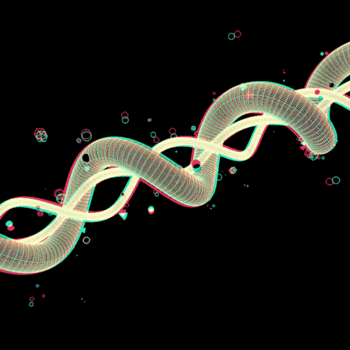What is polymer emulsion?
1 Answer
Polymer emulsion means water-soluble polymers, such as certain polyvinyl alcohols or hydroxylate celluloses, can also be used to act as emulsifiers/stabilizers.
Explanation:
Emulsion polymerization is a type of radical polymerization that usually starts with an emulsion incorporating water, monomer, and surfactant. The most common type of emulsion polymerization is an oil-in-water emulsion, in which droplets of monomer (the oil) are emulsified (with surfactants) in a continuous phase of water.
Emulsion polymerization is used to manufacture several commercially important polymers. Many of these polymers are used as solid materials and must be isolated from the aqueous dispersion after polymerization.
Advantages of emulsion polymerization include
-
High molecular weight polymers can be made at fast polymerization rates. By contrast, in bulk and solution free radical polymerization, there is a trade off between molecular weight and polymerization rate.
-
The continuous water phase is an excellent conductor of heat, enabling fast polymerization rates without loss of temperature control.
Disadvantages of emulsion polymerization include:
1.Surfactants and other polymerization adjutants remain in the polymer or are difficult to remove.
2.For dry (isolated) polymers, water removal is an energy-intensive process.

